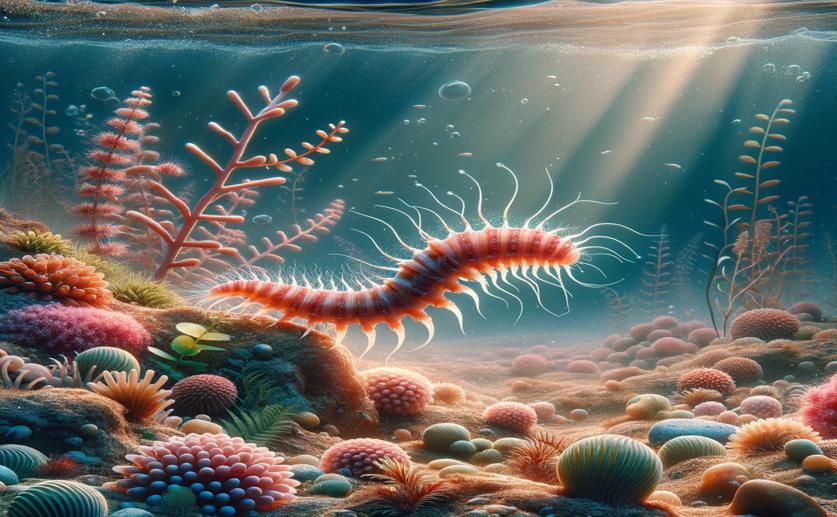
Coral Larvae Adapt to Acidic and Warmer Seas
Jenn Hoskins
11th March, 2024

Image Source: Natural Science News, 2024
Key Findings
- Study in China shows how coral larvae genes react to warmer, more acidic oceans
- Coral larvae exposed to stress changed gene expression, hinting at survival strategies
- Findings help predict coral resilience to climate change, aiding conservation efforts
EnvironmentGeneticsMarine Biology
References
Main Study
1) Gene expression of Pocillopora damicornis coral larvae in response to acidification and ocean warming.
Published 8th March, 2024
https://doi.org/10.1186/s12863-024-01211-3
Related Studies
2) A carbon-nitrogen negative feedback loop underlies the repeated evolution of cnidarian-Symbiodiniaceae symbioses.
3) Ocean acidification elicits differential bleaching and gene expression patterns in larval reef coral Pocillopora damicornis under heat stress.
4) Heat stress destabilizes symbiotic nutrient cycling in corals.



 8th March, 2024 | Jenn Hoskins
8th March, 2024 | Jenn Hoskins